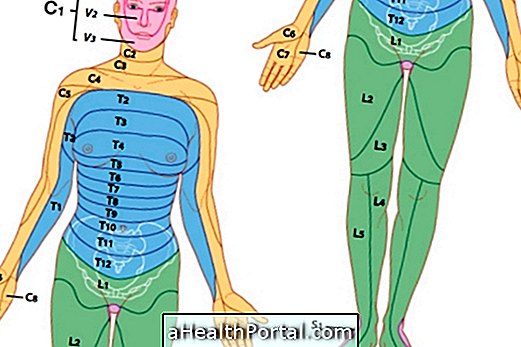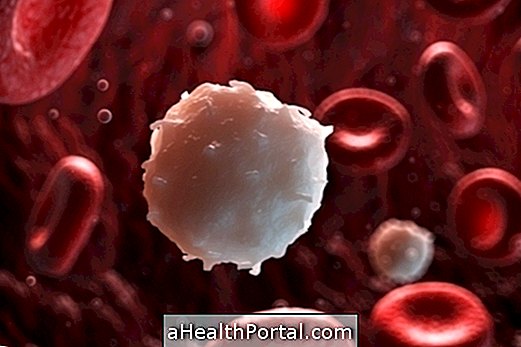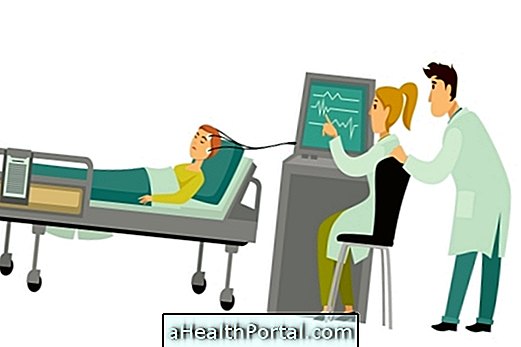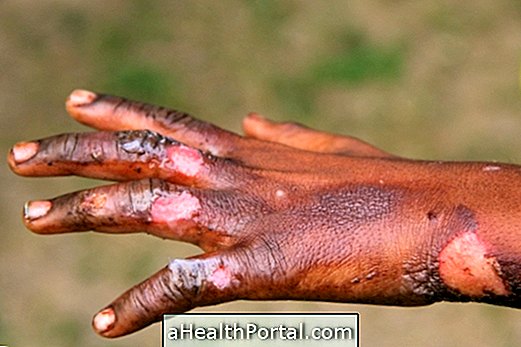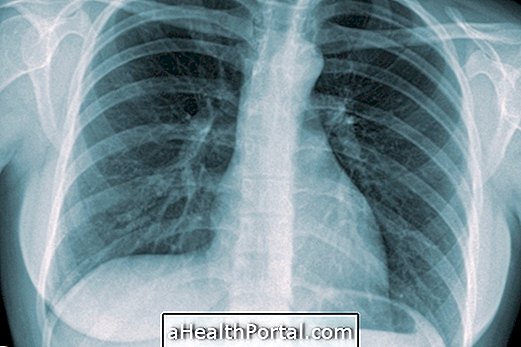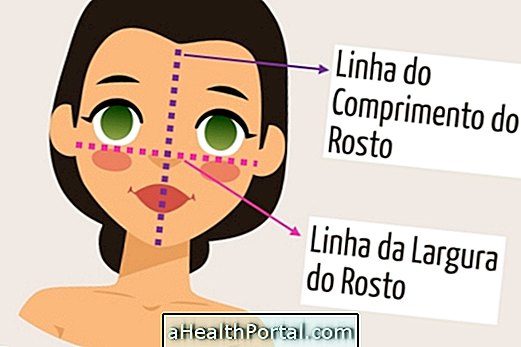Stress causes several changes in the hormonal system that lead to increased production of hormones such as adrenaline and cortisol, which are important in stimulating the body and leaving you prepared to face challenges.
While these changes are good for short periods of time and help address many of the problems that arise in everyday life, when they happen constantly, such as in chronic stress, they can cause serious health problems. This is because the hormonal changes cause other modifications in the body such as increased muscle tension, modification of the intestinal flora, decrease of the immune system, for example.
Here are some practical tips on how to fight stress and avoid these problems.
1. Insomnia

Stress can cause or worsen insomnia because, in addition to stressful situations such as family problems or work that may create difficulty in getting to sleep, hormonal changes also cause sleep disruption at night, greatly reducing the quality of rest.
What to do: Some strategies that may help include drinking a glass of milk before bedtime, avoiding caffeine until 3 hours before bedtime, keeping the room cool, dimly lit and comfortable, and above all, do not think about problems related to stress. See other simple tips for better sleep.
2. Eating Disorders

Binge eating or anorexia are very common examples of eating disorders caused by too much stress because when the body is overworked or out of control try to find ways to deal with these unpleasant feelings through eating.
What to do: consult a nutritionist and a psychologist, as treatment should be appropriate according to eating disorder, weight, age, self-esteem and will power, for example.
3. Depression

The prolonged increase in cortisol, which is the stress hormone, and the reduction of serotonin and dopamine caused by stress are strongly associated with depression. In this way, when you can not manage or deal with stressful situations, hormone levels are altered for a long time and can cause depression.
What to do: adopt stress-reducing behaviors such as avoiding negative thoughts, expose yourself to the sun for at least 15 minutes a day, sleep 6 to 8 hours a day, exercise regularly, avoid being isolated and walking outdoors . If necessary, consult a psychologist to guide the appropriate treatment.
In addition, some foods like bananas or rice can also help fight depression. See a more complete list of recommended foods.
4. Cardiovascular problems

Stress can cause arteries and veins to compress, resulting in decreased blood flow, irregular heartbeat, and even hardening of the arteries. This increases the risk of clot formation, poor circulation, stroke, increased blood pressure and even infarction.
What to do: Eat a healthy diet, giving preference to vegetables, vegetables and fruits, as well as practice regular exercise, try relaxation techniques and massage, for example.
5. Irritable bowel syndrome and constipation

Stress can cause abnormal contractions in the gut, making it more sensitive to stimuli and causing symptoms such as flatulence, diarrhea and bloating. So, when stress is constant, the bowel can stay with these changes permanently, resulting in irritable bowel syndrome.
However, in some cases, stress may provoke the opposite due to the change in the intestinal flora that leads the person to go less frequently to the bathroom, contributing to the onset or worsening of constipation.
What to do: Eat a balanced diet richer in fiber, in addition to ingesting about 2 liters of water per day. In the case of the irritable bowel, analgesic remedies may also be used to alleviate symptoms and, above all, to eat low in fats, caffeine, sugars and alcohol, as these foods worsen the symptoms.
Learn more about relieving the symptoms of irritable bowel syndrome or constipation.


